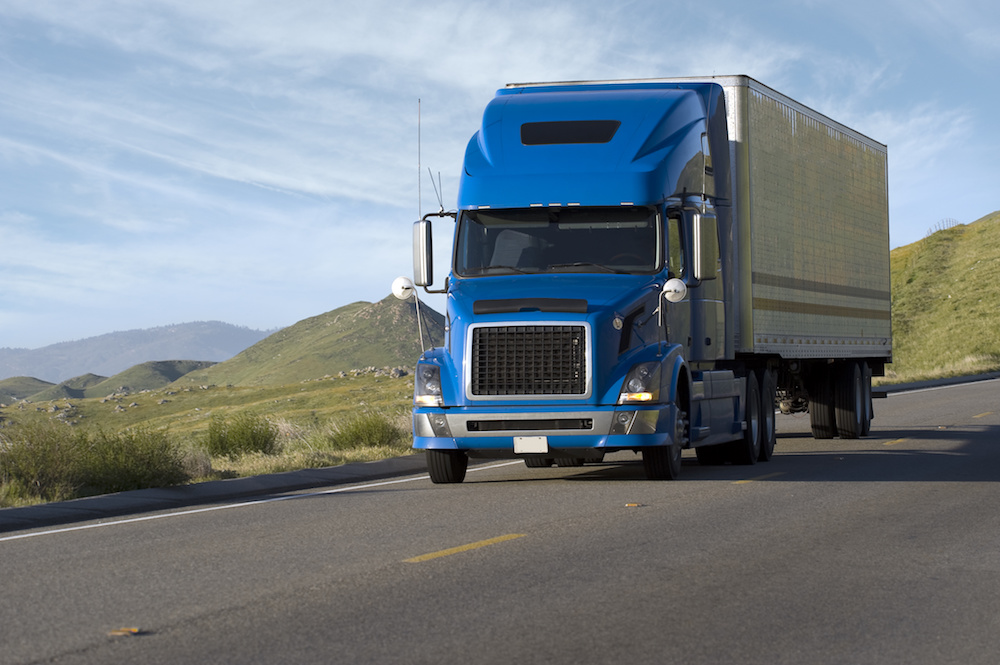Your state driver’s licensing agency (SDLA) must know how you intend to use your commercial driver’s license to ensure you meet the requirements for medical certification. The information below will help you to make the correct determination of which category of CMV operation you fall into.
What category of CMV operation should I self-certify to with my state’s driver’s licensing agency?
Do you drive interstate or intrastate?
The first thing to determine is whether you use your CDL to drive interstate or intrastate. If you drive interstate, you originate in one state but cross state or country lines to complete your delivery. You might also originate and complete your delivery in the same state but cross state or country lines to do so.
As an intrastate driver, your deliveries originate and end in the same state. If you drive both interstate and intrastate, Federal Motor Carrier Safety Administration (FMCSA) rules require you to select interstate commerce for your CDL when you determine which category of CMV operation you fall into.
Do you operate in an excepted or non-excepted status?
The FMCSA considers you an excepted interstate driver if you perform at least some of these activities:
- Transportation of migrant workers.
- Transportation of school-aged children and/or staff to and from the school building.
- Transportation of passengers as a private carrier and not for business purposes.
- To carry out your duties as an employee of a local, state, or federal government.
- You work as a farmer using a non-combination vehicle to transport farm machinery, farm supplies, or agricultural products within 150 air miles of your farm. You cannot transport hazardous materials under this classification.
- Transportation of sick, injured, or deceased human beings.
- Transportation of bees for a beekeeping business.
- Use of a fire truck or other type of rescue vehicle for an emergency.
- The transportation of farm supplies and machinery to transport harvested crops to sell or store.
- Transportation of propane heating fuel during winter for emergency purposes.
- When responding to a pipeline emergency.
Qualifying as an excepted interstate driver means that you don’t need a certificate from a federal medical examiner. However, the FMCSA considers you a non-excepted interstate driver if you drive for purposes other than those listed above. This means you need to obtain a current certificate from a medical examiner. You may hear others refer to this as a Department of Transportation (DOT) card or simply a medical certificate. You must choose non-excepted interstate commerce if you complete both listed and unlisted duties.
For intrastate commerce, you fall under the excepted category if the state providing your CDL has determined you don’t meet requirements to necessitate medical certification. If the issuing state does determine you meet the requirements, you fall into the category of non-excepted intrastate driver. You must choose this latter classification if you normally do both types of driving.
You should now present self-certification of your operating status to your SDLA. Be prepared to show your variance document as well if you require separate diabetes, vision, or skills testing.
Is your truck insurance up to date?
Do you have as much financial protection as you should? If not, we encourage you to learn more about the different coverage options available. Our team of transportation insurance agents would be happy to help you get the big rig insurance you need. Get started with your truck insurance quotes by filling out our online form, giving us a call, or messaging us on LiveChat.
Source:



